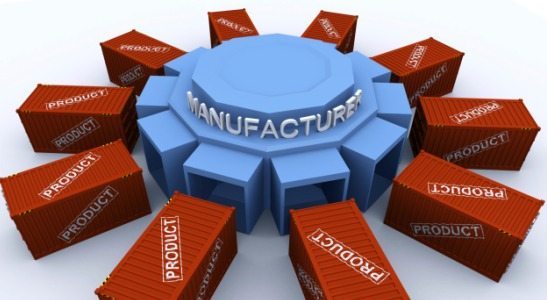Arizona Gov. Jan Brewer on Friday signed into law a bill that eliminates sales taxes on electricity and natural gas purchased by manufacturers and mining smelters, a move she said was needed to make the state more attractive to large businesses.
Brewer signed Senate Bill 1413 at a Capitol ceremony attended by a couple of dozen business leaders, calling it “another smart tax reform that will bolster job creation in Arizona and our competitive edge.”
The tax cut is expected to cost the state general fund at least $17 million a year. Brewer also vetoed money in the state budget designed to help counties make up for the losses, saying their loss was small and would set a bad precedent.
“Since becoming governor, my cornerstone priority has been to make Arizona as attractive as possible for new and expanding businesses, particularly for our manufacturing industry, which generates quality jobs and high-wage salaries,” Brewer said. “I want Arizona to be No. 1 and be the pro-business state in the nation and we have worked relentlessly to accomplish that.”
Later in the day, Brewer also signed a law providing a $5 million tax credit many say is aimed directly at Apple Inc. Senate Bill 1484 grants the tax credit to a company that installs at least $300 million in renewable power capacity to supply its own plant.
The governor touted other tax cuts, regulatory reform and business-friendly policies that she has championed since she took office in 2009. Those tax cuts have affected the state’s revenue, but she said they are important to growing the economy.
“When we bring in these new businesses it drives our economy, they bring in construction jobs, they bring in employees, they bring in money into the state,” she said. “So in the end, everybody’s ship rises.”
Brewer called for the elimination of the tax in her State of the State address in January, saying it was needed to make Arizona more competitive and draw new manufacturing to the state.
The bill received bipartisan support in both legislative chambers, although one conservative Republican in the House of Representatives dissented when it came up for a vote earlier this week.
Rep. Brenda Barton, R-Payson, says the bill places a burden on rural counties that rely on that tax base. She and other rural lawmakers managed to get $1.3 million in the budget to make up for the cuts, but Brewer vetoed that money Friday afternoon.
“I am getting to the point that a lot of these special legislation bills that we are promoting are harming the state of Arizona, and they are harming our rural counties and our rural cities, and I don’t believe we are doing a very good job of doing what’s right for the right reasons,” Barton said during debate earlier in the week. She didn’t immediately return calls seeking comment.
Others defended the bill.
“I think anytime we can support small businesses and reduce their taxes and large businesses and reduce their taxes, and allow them to reinvest in their business and reinvest in the communities and reinvest in their employees, I think we need to be looking for opportunities to do this,” Rep. David Livingston, R-Peoria, said.
Steve Macias, chairman of the Arizona Manufacturer’s Council and the operator of a machine shop that will get a small direct benefit from the tax cut, said it could bring in more manufacturing.
“Seventy percent, 80 percent of the business we do is right here in Arizona,” Macias said of his operation. “And almost all of that is to larger manufacturers, the General Dynamics of the world, the guys who make equipment for the solar industry. So when they attract those guys, I get excited because to me those are all potential customers.”
Glenn Hamer, president of the Arizona Chamber of Commerce & Industry, said 38 other states do not tax electricity use by manufacturers and cutting the tax will help the state.
“These are jobs that pay more than the median wage. They’re jobs that every other state competes for, and we’ve done something significant to make Arizona more competitive today,” Hamer said.
The tax credit bill drew the ire of conservative House Republicans, who said say the bill is unfairly tailored to benefit Apple’s planned Mesa sapphire glass manufacturing plant and picked winners and losers among the state’s industries.
Apple said in November it will open the plant and eventually employ 700 workers to provide material for its iPhone 5 cameras and fingerprint reading sensors.
The tax credit could also be claimed by other companies that build similar facilities. Tesla Motors Inc. is currently looking for a battery plant site and often mentioned as a possible candidate.
“We as conservatives have got to step away from this crony capitalist style of development,” Rep. Adam Kwasman, R-Oro Valley, said during debate on the bill Tuesday. “We cannot afford to pick winners and losers in industry. We believe in low taxes for everybody. We believe in simple rules for everybody.”
But the bill sponsor defended it, saying it was a small amount of money to help establish a large manufacturing operation. The Arizona Commerce Authority helped seal the deal with other incentives.
“I believe that they did the right thing to bring Apple here,” Sen. Bob Worsley, R-Mesa, carried the Apple bill, saying he did it because the Arizona Commerce Authority had made a commitment to the company as part of the deal to draw them here. “And the dollars are very small in the whole scheme of things with Apple being in the Valley. They could have gone to Texas, they could have gone other places and we wanted them here. It’s a good decision.”




